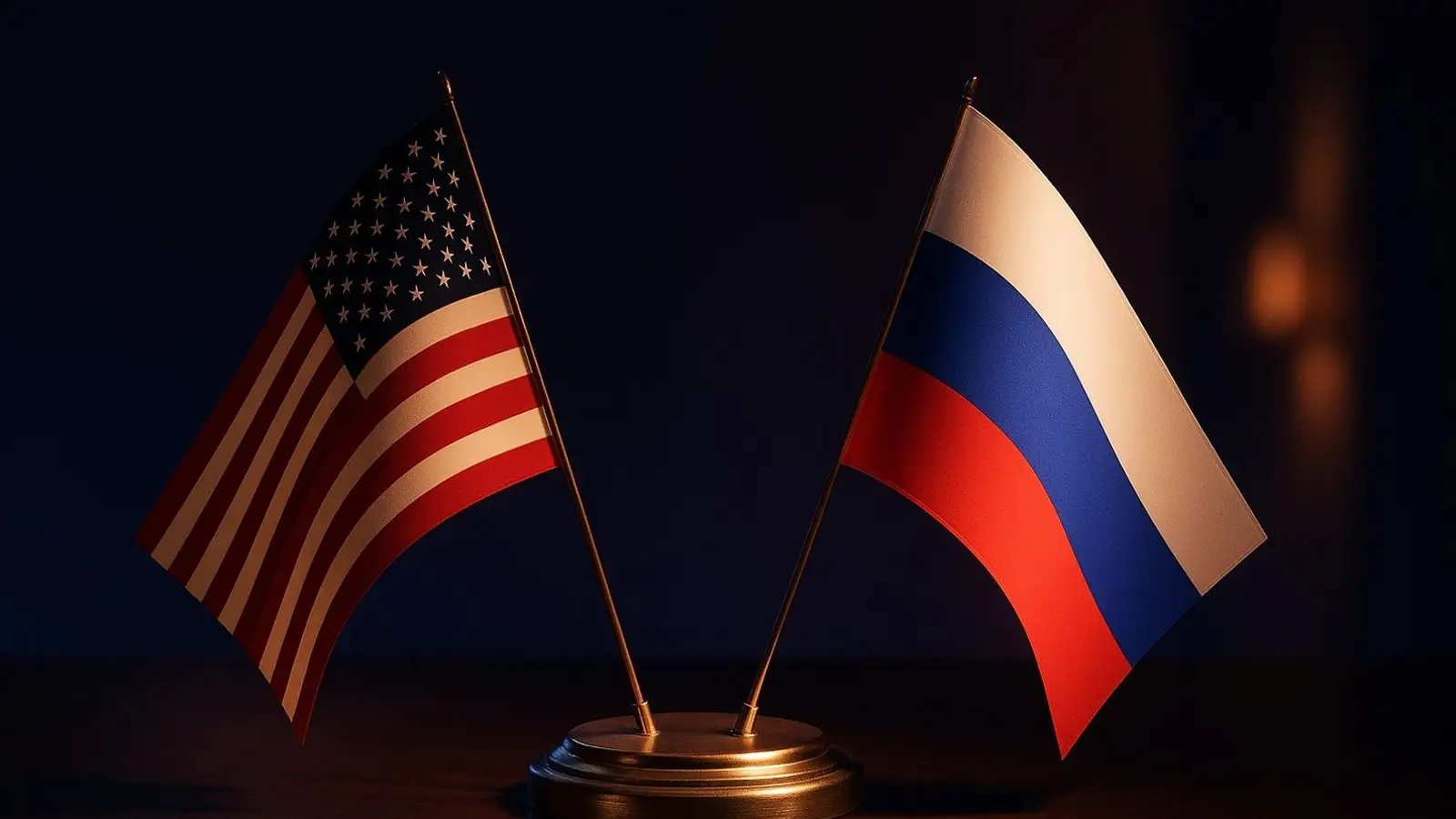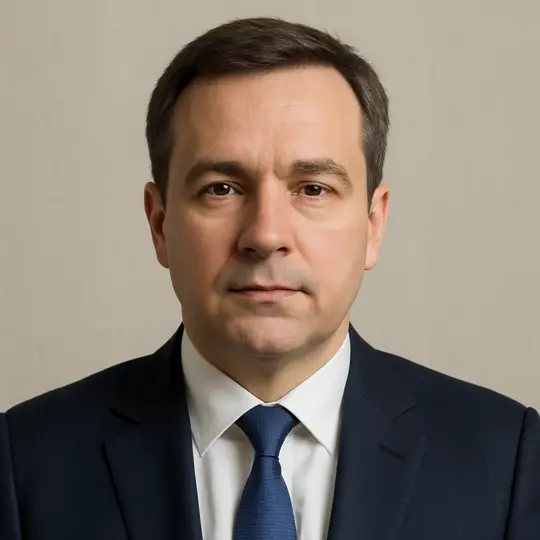White House Approves New Sanctions on Russian Companies After Rubio’s Assessment


Bloomberg reports the White House backed new sanctions against Rosneft and Lukoil after Marco Rubio’s assessment that Moscow had not shifted its position.
The White House has decided to impose new sanctions on Russian companies under the influence of U. S. Secretary of State Marco Rubio, Bloomberg reported, citing sources within the American administration.
According to the agency, the unexpected policy shift by the White House and President Donald Trump followed Rubio’s assessment that Moscow had not significantly revised its position on resolving the conflict in Ukraine. Bloomberg also noted that the Secretary of State’s stance was shaped in part by a phone conversation with Russian Foreign Minister Sergei Lavrov.
Earlier, on Monday, the foreign ministers of Russia and the United States discussed by phone specific steps aimed at implementing the agreements reached by Vladimir Putin and Donald Trump during their October 16 conversation.
Shortly afterward, on Wednesday, the United States announced a new package of anti-Russian sanctions, introducing measures against Rosneft, Lukoil, and their subsidiaries. President Trump also called off a planned meeting with Vladimir Putin, which had been expected to take place in Budapest.
In response, Russian Foreign Ministry spokeswoman Maria Zakharova stated that the introduction of new restrictions sent a counterproductive signal, including in the context of efforts to resolve the Ukrainian crisis.
President Vladimir Putin described the new measures as an unfriendly act that does not contribute to strengthening Russian-American relations. He emphasized that the restrictions would not have a serious impact on the Russian economy, though certain losses were possible. Putin added that Russia’s energy sector remains stable and that the country, as a self-respecting state, does not intend to make decisions under external pressure.
Commenting on the canceled summit in Budapest, Putin suggested that Trump might have meant a postponement rather than a cancellation, recalling that it was the American president who had earlier proposed holding the meeting in Hungary. He added that such an event should not be approached without proper preparation.
Later, the White House confirmed that the Trump administration had not abandoned plans to hold a meeting with the Russian leader. Kremlin spokesman Dmitry Peskov likewise said that Vladimir Putin did not rule out the possibility of a future summit with Trump.